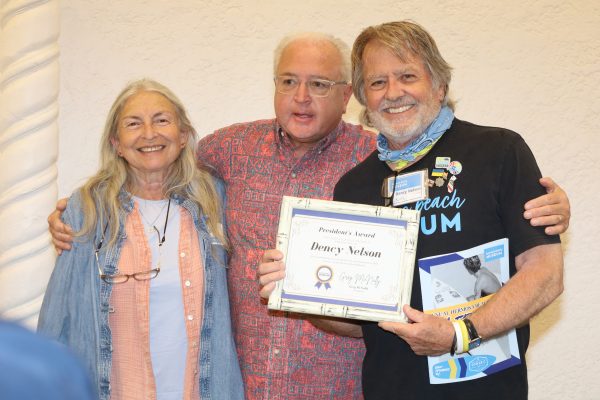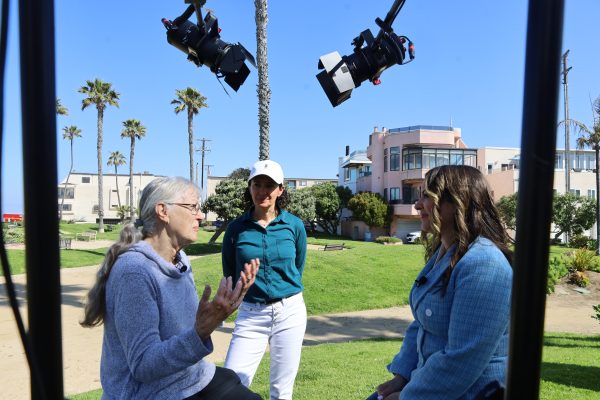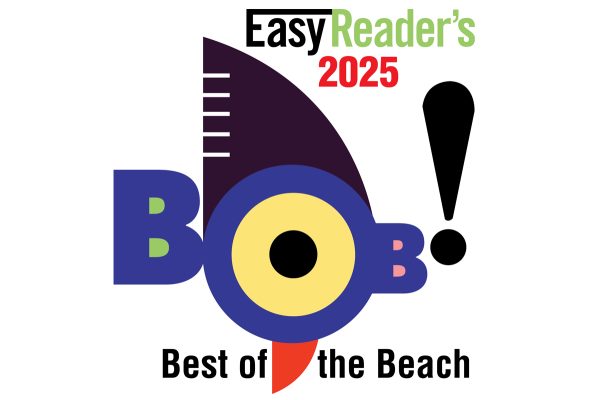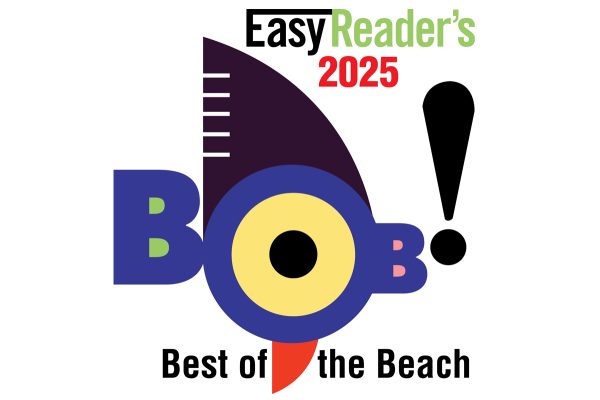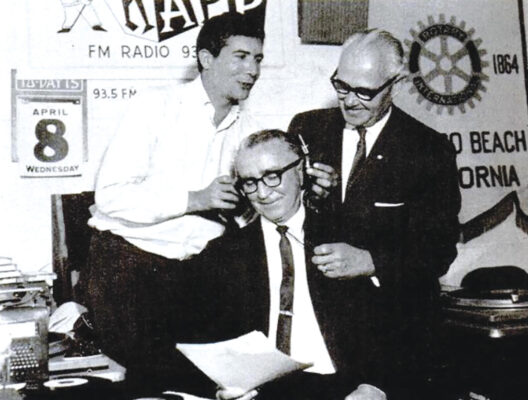In today’s society, pop culture has permeated nearly every area of life, shaping people’s views and behaviors. Simply put, pop culture is reflected in everything from the food you eat, the movies you binge online, your fashion style and even the way you choose to decorate your home. With the growing popularity of social networking websites, music and film genres, computer games, blogs and music, today’s young generation lives in a society where technology and pop culture have become part of people’s identities. Although it’s often labeled as just another way to kill time, the truth is that pop culture serves as a source of education and inspiration alike, providing the youth with role models and teaching them valuable lessons.
Think of Harry Potter: the global franchise hasn’t just transformed the entertainment industry; it has created a community of fans who are devoted to the books and films, influenced’ millennials’ political views, and empowered them to fight against injustice. The franchise has resulted in the creation of various merchandise, be it clothes or collectibles. And this goes for many other popular series: fans of all ages spend their money on products like Funko Pop! figures as a form of self-expression. Pop culture goes as far as influencing politics and tackling critical social issues, going a long way in driving social change. It’s not just about entertainment and pleasure – it’s an experience that changes people’s hearts and minds in incredible ways. Read on to learn more about pop culture’s influence on today’s society.

Breaking gender stereotypes
Perhaps one of the greatest impacts of pop culture is on gender roles. In recent years, people’s perceptions have shifted significantly, and the media has portrayed gender in a more inclusive way. People have gained more understanding of how gendered advertising perpetuates limited beliefs about being a man or a woman. As a result, customers have been increasingly rejecting harmful stereotypes and welcoming brands that promote gender equality in society.
Moreover, pop culture icons are pushing boundaries and challenging people’s opinions on how a man should “act”. For instance, Billy Porter and Jaden Smith have both defied expectations by showing nonconformity traits that were once labeled as “unmanly.” These personalities have become symbols of change, promoting creativity, vulnerability and emotional depth, thus inspiring authenticity in others and encouraging them to embrace themselves as they are instead of trying to follow societal norms. Of course, there is still a lot of progress to be made in this area, as there are areas where true equality is hardly seen. But it’s clear that pop culture is contributing to a future where men and women receive fair treatment and can, therefore, live more freely.
Creating a sense of belonging
All human beings seek belonging – it’s one of their basic needs necessary to thrive in life. Although a sense of belonging is often discussed in the context of family or educational environments, it also appears in pop culture. Fan communities formed around TV series, movies and books play a crucial role in community building, allowing young people to share their interests with others. Fans have inside jokes, and a space where they can engage in exciting conversations about their favorite characters.
But from a psychological perspective, belonging to a fandom has many other great benefits. For example, it helps you develop self-acceptance as well as acceptance of other people and gives you the opportunity to learn from others who might have a different view upon something. Belonging to a fandom also means creating a support network, as you can meet like-minded individuals who may understand the issues that you’re going through. Ultimately, connecting with others can be therapeutic, serving as a reminder that you are never alone and helping create a strong sense of identity.
Promoting acceptance of diverse lifestyles
Pop culture has had a massive influence on cultural acceptance by portraying and normalizing different lifestyles in movies, music, and fashion. As a result, what was once viewed as taboo is now welcomed with more acceptance in society. Pop culture has offered marginalized groups to tell their stories freely, fostering a sense of encouragement and validation.
For example, the power of pop culture is seen in the acceptance of the LBTGQ+ community, which has been highly stigmatized in the past. Nowadays, however, many TV shows, such as Queer Eye, have promoted understanding of the community among viewers. Pop culture has also played a role in combating unrealistic beauty standards, with many public figures promoting positive body image. Overall, what people perceive as entertainment only has encouraged people to live authentic lives and break free from societal norms, and it’s only expected that from here, society moves in an accepting direction.
Consuming pop culture the right way
From representation of marginalized communities and mental health awareness to feminism and environmental activism, pop culture reflects social issues in many interesting ways. However, it is worth noting that it can also influence people’s views negatively, promoting harmful behaviors or trivializing serious issues. Therefore, it becomes imperative to use critical thinking when consuming entertainment. When you become aware of the messages and values conveyed in music, movies, and so on, you can make informed decisions about what kind of content you engage in. Always ask yourself what questions a specific entertainment form raises, and what is its impact on you. And most importantly, learn to discern information that is spread online.
Unfortunately, there is much fake news out there, and its consequences can often be disastrous, so you should always ensure the sources you use for staying informed are trustworthy. Moreover, social media has also created a culture of comparison, where people have set unrealistic expectations for their lives due to other’s highlights. This can take a toll on their mental health, leading to negative body image, impacting their self-esteem and much more.
The moral of the story here is that pop culture isn’t inherently good or bad – it all depends on how you choose to engage with it. If you approach it critically, you can use pop culture to promote understanding and connection and challenge prejudice in society.

